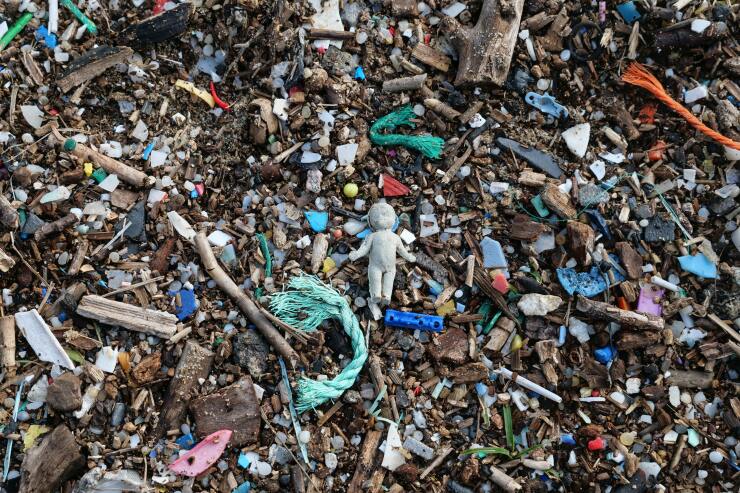Giving employees a branded mug or t-shirt may seem like a harmless way to show appreciation, but the
Employers spend $242 billion dollars per year on corporate gifting, according to retail and technology data insights platform Coresight Research. But 40% of corporate gifts — including hoodies, mugs, plastic trinkets like lanyards and sunglasses — are unwanted and usually end up in the trash and landfills, according to ING. Which begs the question: are these actions having the
"Organizations are starting to come to the realization that they have been historically tone deaf," says MK Getler, chief marketing officer at Loop & Tie, a regenerative gifting platform. "What really matters to our world is meeting our environmental and social impact needs. As companies really start to shift their talk into action, corporate gifting is an important way to thread the needle and have connective tissue between what you say and what you do."
Read more:
Loop & Tie partners with companies looking for sustainable alternatives to quality corporate gifts, without the environmental impact. The organization works with independent creators — often small minority owned businesses — as opposed to buying products that are mass-produced. One of their most popular offerings is a tote bag completely made out of recycled plastic from oceans and rivers. They've also focused their efforts on more sustainable shipping and fulfillment practices, and now offset
"We look at the billions of dollars spent in corporate gifting right now as potential capital for us to push into smaller economies to help stimulate them," Getler says. "Sixty percent of the businesses that we partner with also have some sort of social stewardship, meaning that they themselves might actually have some sort of social impact with the products that they are bringing to market."
Regenerative gifting isn't just good for the planet, but can be
Read more:
"Companies that are continuing to send their employees items that are not really thoughtful or intentional are ultimately putting themselves in complete contradiction of what their words are saying and what their actions are doing," Getler says. "And when you have that contradiction, you start to lose the engagement of your employees and ultimately start to lose your employees."
In addition to gift options, Loop & Tie also coaches companies on
"It's not what you give, it's how you give," Getler says. "Employees can diagnose the intention behind a gift. So we always advise to start there. Think more critically about how you're gifting before you really start thinking about what you're gifting."






